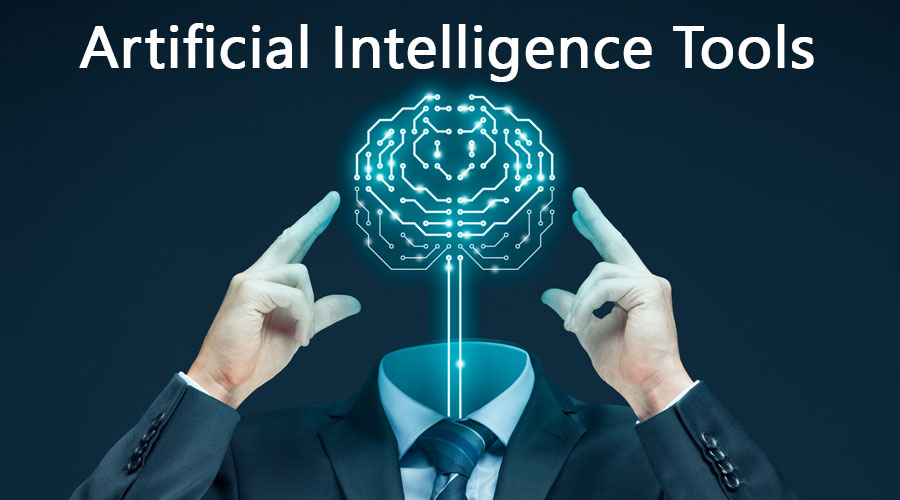
The future of AI tools is highly promising and is expected to have a significant impact on various industries and areas of our lives. Some of the key trends shaping the future of AI tools include:
- Integration with other technologies: AI tools are increasingly being integrated with other technologies such as the Internet of Things (IoT), blockchain, and cloud computing, leading to the creation of new, more advanced applications.
- Advancements in Natural Language Processing (NLP): NLP technologies are becoming increasingly sophisticated and will continue to play a significant role in the future of AI tools. This will result in more intelligent and intuitive AI systems that are better able to understand and respond to human language.
- Increased adoption in healthcare: AI tools are being used more and more in the healthcare industry to help with diagnostics, treatment planning, and personalized medicine.
- Growth in the use of AI for automation: AI tools are being used to automate tasks in various industries, reducing manual effort and increasing efficiency.
- Development of Explainable AI (XAI): There is a growing demand for AI tools that can explain their decision-making processes, leading to the development of XAI technologies that make AI more transparent and trustworthy.
- Emergence of AI-powered virtual assistants: AI virtual assistants are becoming increasingly common, helping users with tasks such as booking appointments, finding information, and controlling smart home devices.
- Advancements in computer vision: Computer vision technologies are becoming increasingly sophisticated, leading to new applications in areas such as autonomous vehicles and security systems.
In conclusion, the future of AI tools is highly promising and is expected to bring about significant changes in various industries and areas of our lives. These technologies will continue to evolve and become more sophisticated, leading to new and innovative applications.
